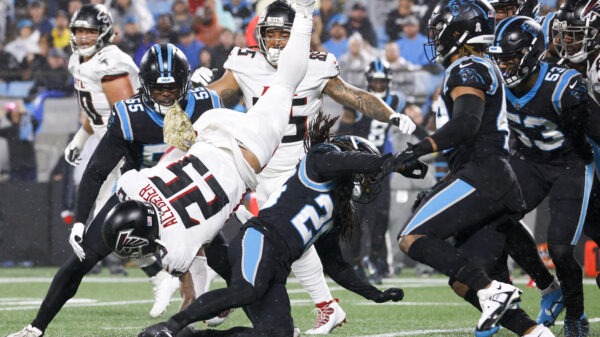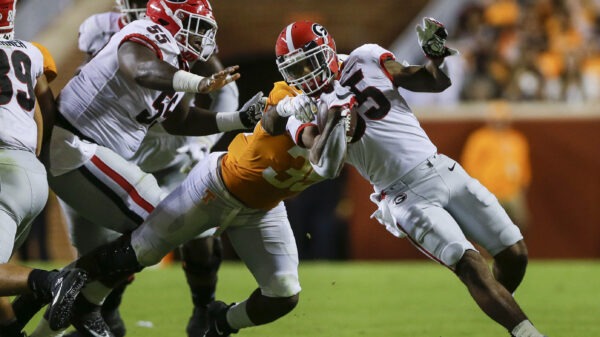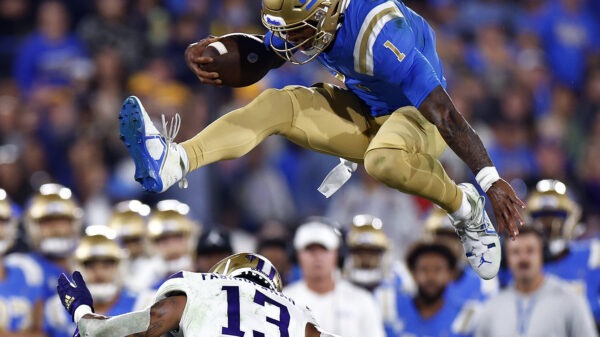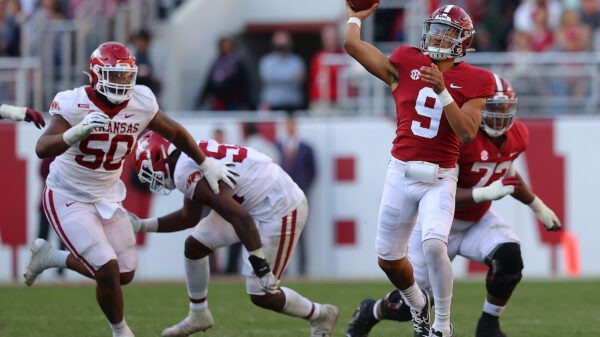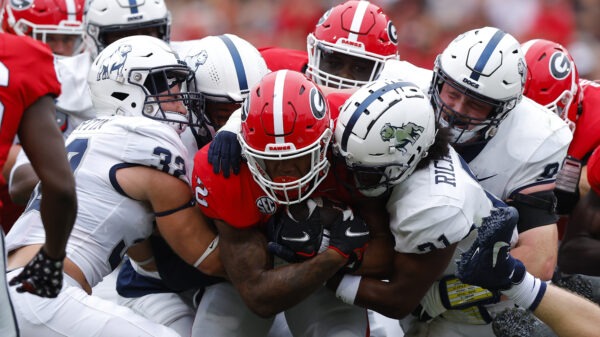
In a constantly changing field like DFS knowing the terms that you see and hear is really valuable to ensure you are able to stay on top of everything that is occurring in the world of DFS. Below is a comprehensive listing of DFS terminology.
Cash Game – This type of game includes head to head, 50/50, and double-ups. These game types are referred to as “Cash’ due to their relatively better odds of making money.
GPP (Guaranteed Prize Pool) Game – This type of game is known for its larger grand prizes. You will sometimes hear or see these types of games referred to as “tournaments”. The key to this type of game is that no matter the number of entries, the prizes will be paid out.
Head to Head Game – In this type of game you will go against one other person, and the player with the highest point total wins. If you tie, you spit the prize pool.
50/50 Game – 50/50 games are ones where the top half of the entries into a content win. This type of came will also get referred to as a “cash game”.
Cash – This is a term that is used by someone to state that they won money in a contest.
Overlay – An overlay occurs when you have a GPP game, where there are more prize pool spots than entries. For example, the top 85 players will win in a GPP but there are only 80 entries.
Exposure – The term exposure, in this case, is referring to having a player or players in what is expected to be a high scoring game.
FD – FanDuel, a gaming company that offers a sportsbook, daily fantasy sports, online casino and online horse race betting products.
DK – DraftKings, a daily fantasy sports contest and sports betting operator
Floor – When someone is referring to a player’s floor, this is in reference to the minimum amount of output you can expect from that player.
Ceiling – This is term is used to reference the expected maximum number of points a player might score.
Boom or Bust – This term refers to a player who will have the ability to provide you with a high output, but also has the ability to provide you with zero points.
Stack – A stack is using three or more players on the same team. These players would typically have some correlation in each other’s scoring of points.
Mini-Stack – A mini-stack is used to describe two players who are in use from the same team. Again typically these players would have some correlation with each other. Some examples of this might be a quarterback and a wide receiver in football, two line mates in hockey, back to back hitters in the batting order in baseball.
Fade – When you are fading a player or a team, you are not recommending their use or a player you are not expecting to use with a high volume.
Chalk – this is a player or play that is expected to be heavily used.
Punt – similar to fade, but when someone is punting a game or player, they are avoiding them altogether.
CPP (Cost Per Point) – this refers to the overall value of a player in the contest in dollars. If a player cost $2,800 of your budget and they provided 56 fantasy points, their CPP would be 0.02.
Additional Free DFS Articles
• How To Win DFS GPP Events
• How To Manage Your DFS Bankroll
• How To Pick Winning Head to Head DFS Lineups
• How To Win DFS Cash Games
• Winning DFS Tips For Traditional, Year-Long Fantasy Players



